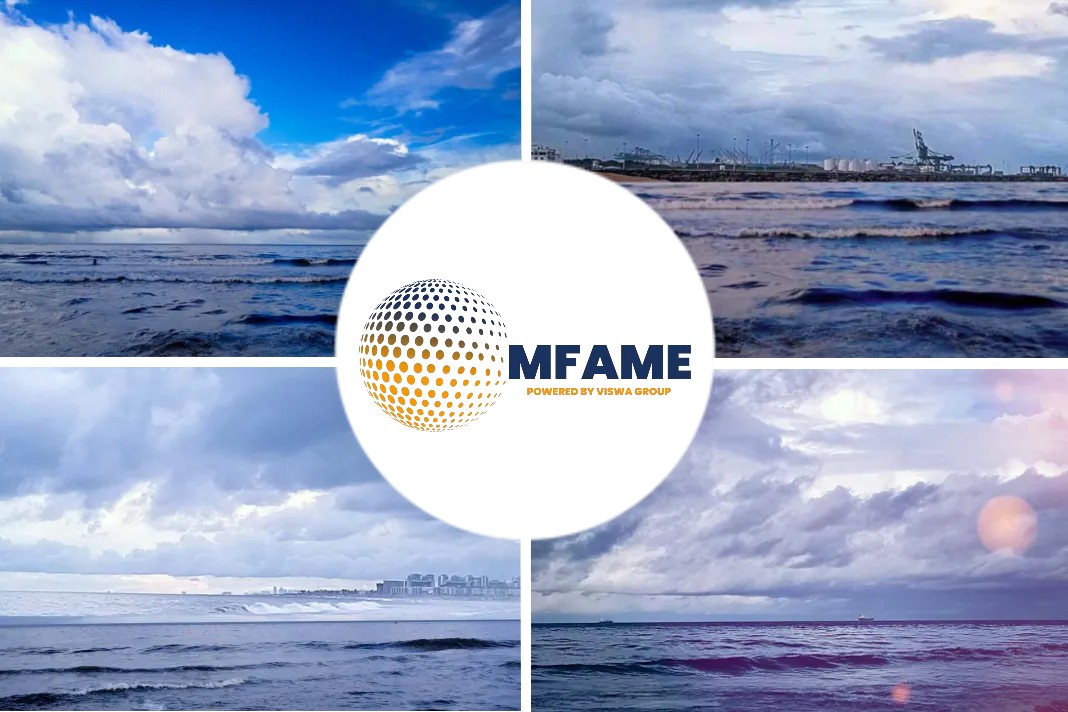
The Hong Kong International Convention for the Safe and Environmentally Sound Recycling of Ships (HKC), which was adopted in 2009, will come into effect on 26 June 2025. After being ratified by Bangladesh and Liberia, the HKC is set to make a substantial worldwide impact on ship recycling methods, more than a decade after its initial adoption.
Background to the Hong Kong Convention
The International Maritime Organization (IMO) recognized the urgent need for a globally applicable instrument for ship recycling due to the critical state of ship recycling facilities. In response, the IMO developed the Hong Kong International Convention for the Safe and Environmentally Sound Recycling of Ships (HKC), adopted in 2009. However, the lengthy process of ratification led the European Union (EU) to take action and implement the EU Ship Recycling Regulation (EU SRR) in 2013. The EU SRR incorporates the HKC requirements along with additional ones and has been fully applicable since December 2020. Although the EU SRR operates regionally, it has helped the industry prepare for compliance with the HKC standards. Finally, after more than a decade, the HKC is set to enter into force on 26 June 2025, following ratification by Bangladesh and Liberia.
Key requirements
The key requirements can be summarized in two main points:
- Each ship of 500 GT and above shall have a certified Inventory of Hazardous Materials (IHM)
- Ship Recycling Facilities (SRF) shall be authorized by their competent authorities and shall only accept ships that comply with the HKC requirements
Impact on newbuilds and ships in service
All ships weighing 500 gross tons or more are required to have a certified Inventory of Hazardous Materials (IHM) on board. The EU Ship Recycling Regulation (EU SRR) has already prompted most shipyards to offer IHM preparation for new builds, reducing the potential impact of the HKC. By 26 June 2030 or before undergoing recycling, ships currently in service must comply with this requirement. Out of the approximately 53,000 vessels within the HKC scope, it is estimated that around 30,000 already possess an IHM Certificate or Statement of Compliance due to the EU SRR. However, roughly 23,000 vessels will still need to obtain a certified IHM in the coming years. The enforcement of IHM maintenance will become more crucial with the HKC’s implementation, as Port State Control inspections are anticipated to prioritize IHM assessments globally.
Impact on ship recycling practices globally
According to BIMCO, around 15,000 ships will require recycling over the next decade, averaging about 1,500 ships per year. This will have a substantial impact on Ship Recycling Facilities (SRFs). Under the Hong Kong International Convention (HKC), each party is required to establish a mechanism for authorizing SRFs to ensure they meet the HKC’s requirements. This authorization, known as a Document of Authorization Ship Recycling (DASR), will be valid for a maximum of 5 years. Authorized SRFs will only be allowed to recycle ships that comply with the HKC and for which they hold authorization.
Each SRF shall prepare a Ship Recycling Facility Plan (SRFP) which shall include a system for ensuring implementation of the HKC requirements, such as:
- A policy for ensuring the safety and protection of the environment
- A training programme for the safe and environmentally sound operation of the SRF
- An emergency preparedness and response plan
- A record-keeping system
- A system for reporting emissions, accidents, incidents, occupational diseases and other adverse effects on workers’ safety and the environment
Did you subscribe to our newsletter?
It’s free! Click here to subscribe!
Source: DNV





















